Celiac Disease And Obesity
Celiac disease and obesity. West et al 11 found that 39 of 3590 patients with CD were obese and 17 were overweight. I believe that a significant percentage of obese people have undiagnosed celiac disease and that celiac disease screening should be part of ordinary blood workups for all obese people. A 2014 review focused on overweight and obese people with celiac disease and found that a variety of factors could cause the link including greater absorption of calories by more developed intestines the potential lack of nutritional balance in strict gluten-free diets and the worldwide trend toward weight gain and obesity.
Obesity can be present in patients with celiac disease. Similarly the causes of obesity in America are not fully understood and more research needs to be done to determine just how many cases of obesity are caused by untreated celiac disease. The primary aim of this.
I know they were for me. If this theory can be applied to celiac disease patients it could mean enhanced nutrient absorption in areas of the intestine not severely affected including changes in the intestinal wall and even increased villous height. Forth country in obesity where 50 of women are overweight and Nearly 70 of Kuwaiti males over 15 are overweight or obese.
10 comments 19063 views. Celiac disease in the US. Several studies in adults and children with celiac disease indicate that obesityoverweight at disease onset is not unusual.
Background While patients with celiac disease have increasingly developed an atypical pattern of weight gain and obesity the role of bariatric surgery remains unclear. Obesity is increasingly being recognized as part of the initial presentation of celiac disease. For the most part the overweight celiac diagnosis is largely an adult phenomenon.
I suffered physically and psychologically for many years many of them as a child as a result of my obesity. By Jefferson Adams in Obesity Overweight Celiac Disease May 9 2012. With the rise of the obesity epidemic doctors are increasingly seeing celiac disease patients with overweight or obesity which raises the question of bariatric surgery.
Need for nutritional follow-up after diagnosis. Celiac disease affects 1 of individuals but is largely underdiagnosed as its multifaceted clinical presentations create challenging diagnostic scenarios.
The trend toward obesity in celiac disease in the past decade marches upward 1.
Need for nutritional follow-up after diagnosis. Obesity can be present in patients with celiac disease. For the most part the overweight celiac diagnosis is largely an adult phenomenon. West et al 11 found that 39 of 3590 patients with CD were obese and 17 were overweight. Need for nutritional follow-up after diagnosis. A higher estimate of 38 overweight and obese was reported in a study at our Celiac Center at University of Chicago 4. Great concern exists that after diagnosis patients might gain weight and instead of improving their health with the management of. Celiac disease in the US. The trend toward obesity in celiac disease in the past decade marches upward 1.
I know they were for me. A 2014 review focused on overweight and obese people with celiac disease and found that a variety of factors could cause the link including greater absorption of calories by more developed intestines the potential lack of nutritional balance in strict gluten-free diets and the worldwide trend toward weight gain and obesity. The demographics of these patients and their response to a. For the most part the overweight celiac diagnosis is largely an adult phenomenon. Background While patients with celiac disease have increasingly developed an atypical pattern of weight gain and obesity the role of bariatric surgery remains unclear. Nearly Half of Patients with Celiac Disease are Overweight or Obese at Diagnosis. Valletta E Fornaro M Cipolli M.
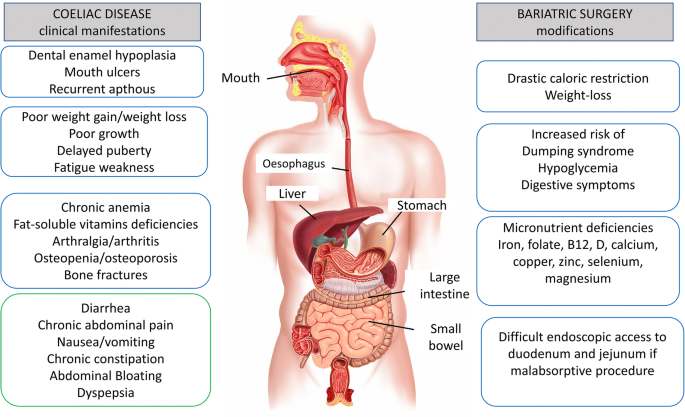








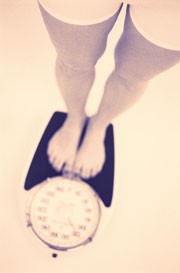


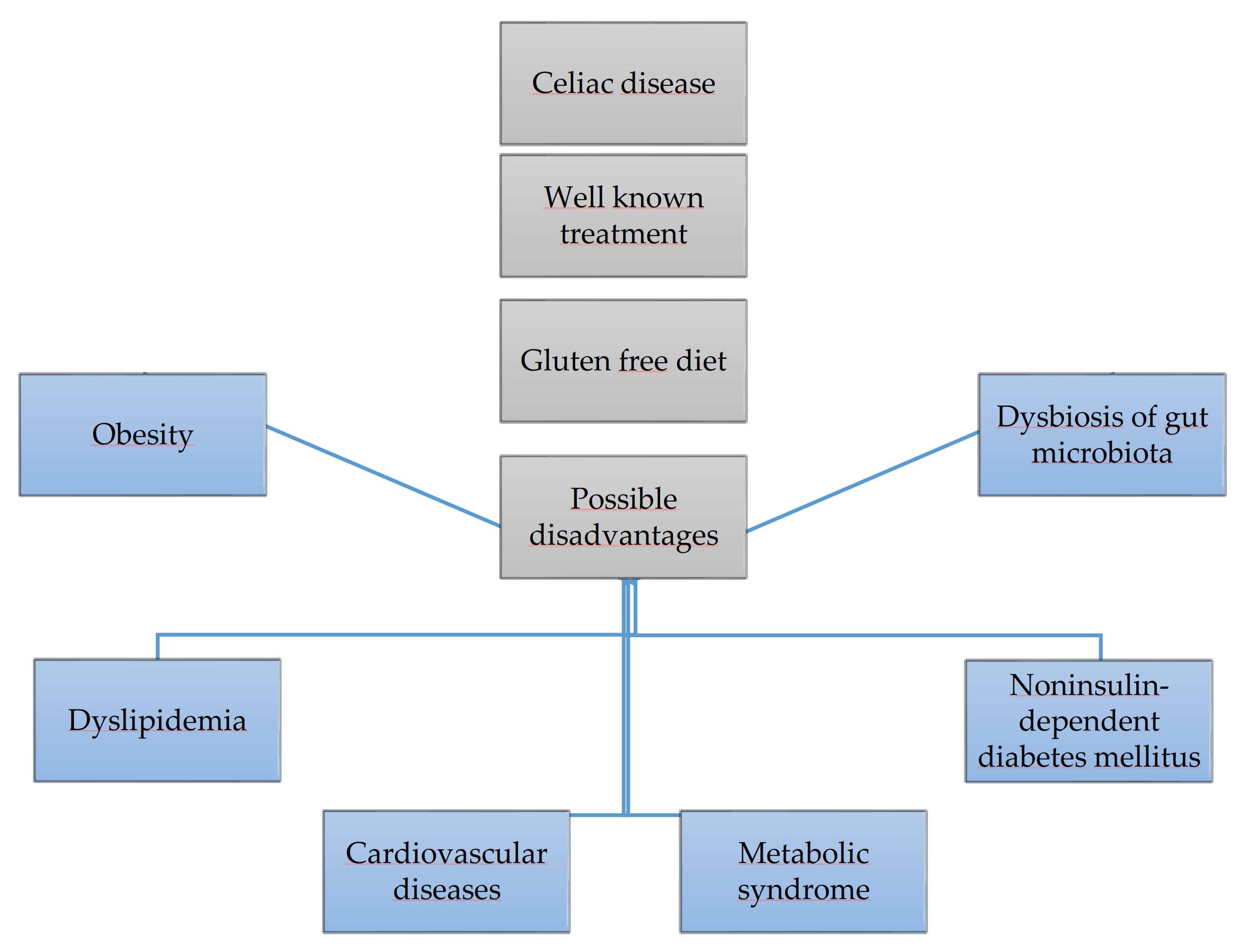
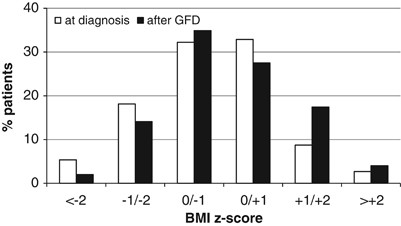
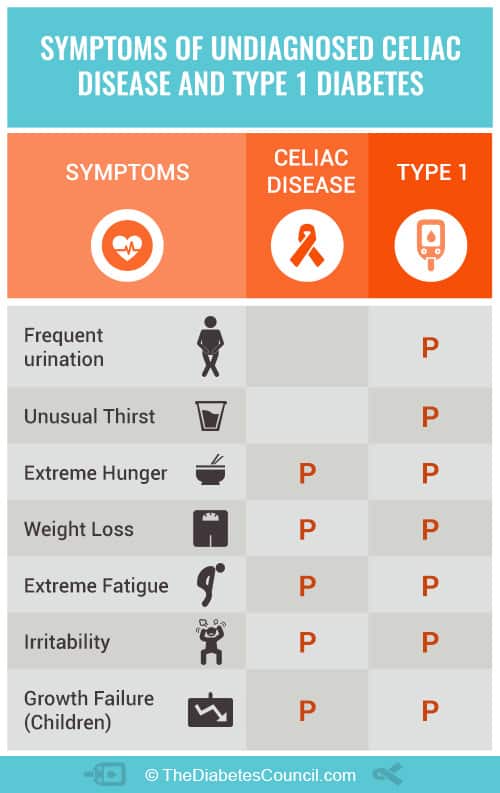



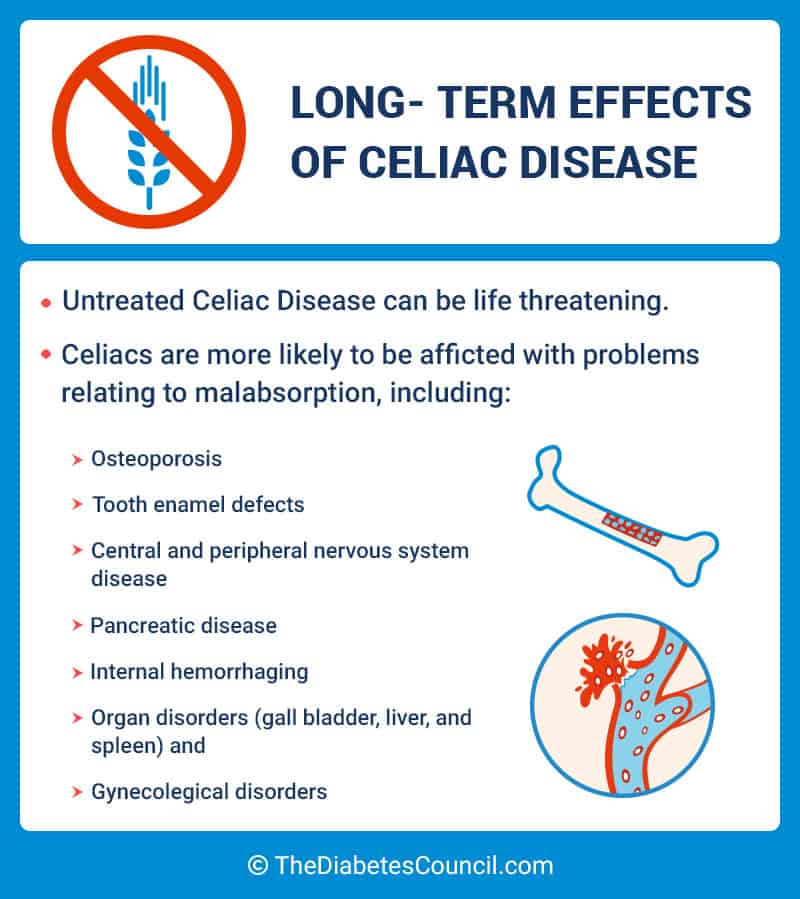




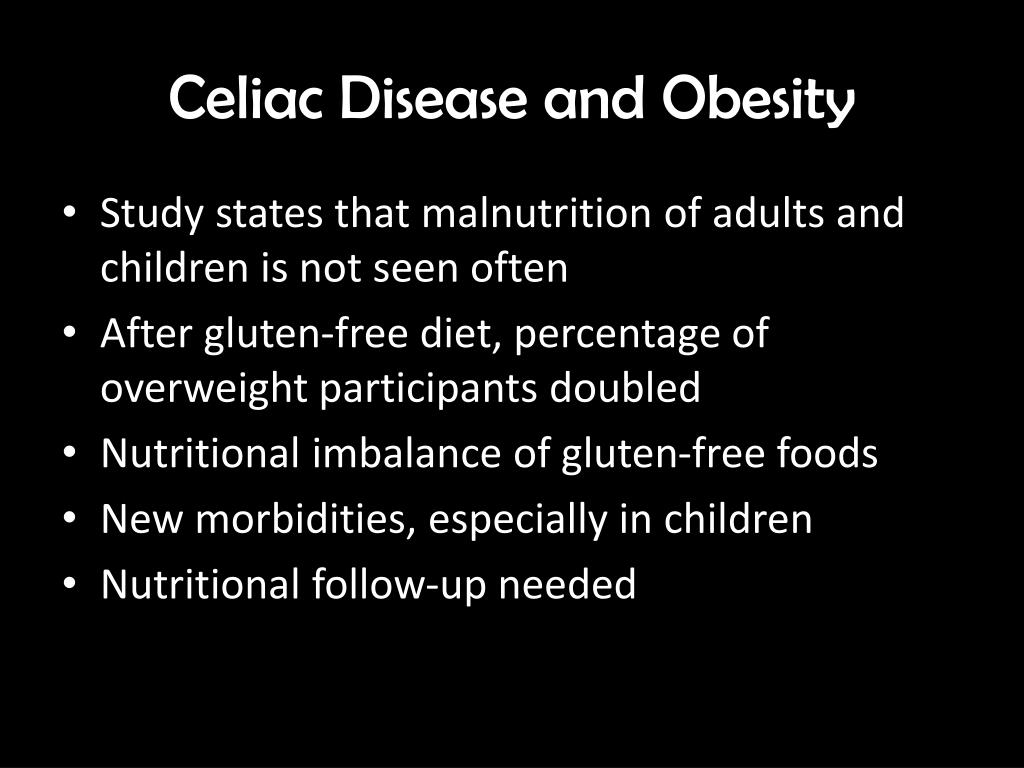

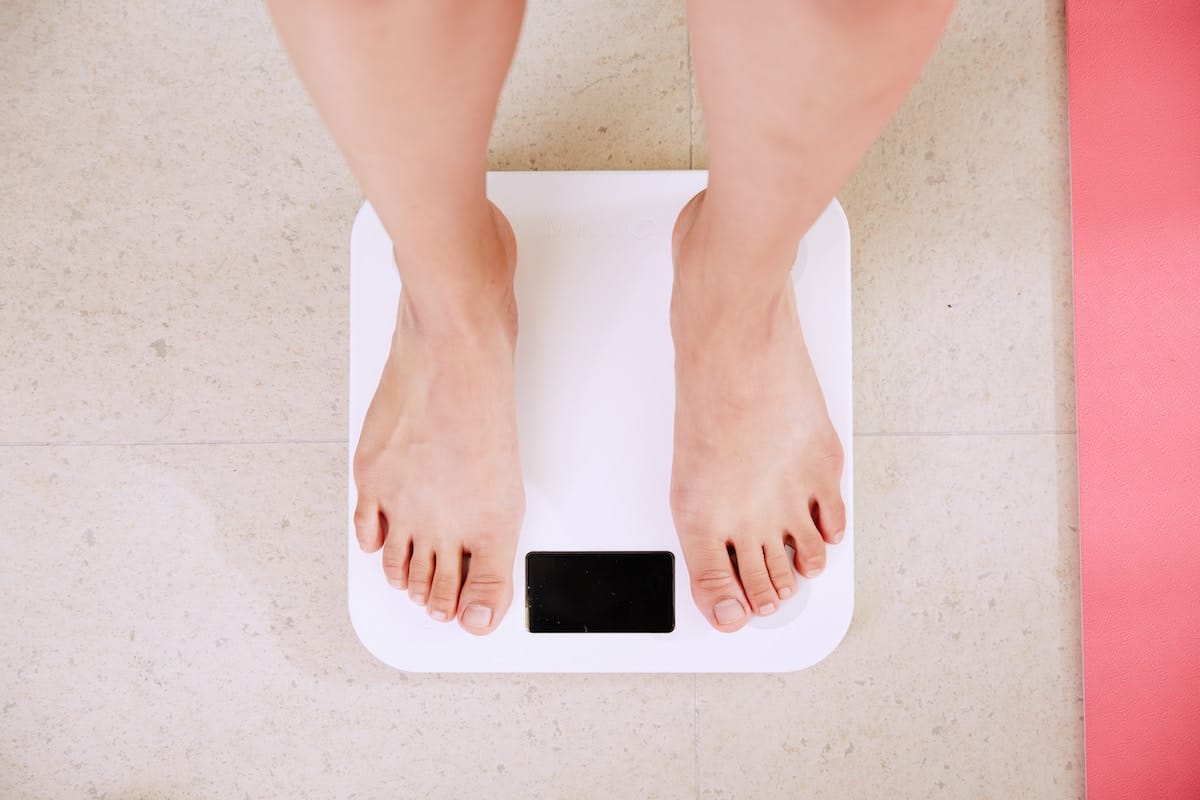
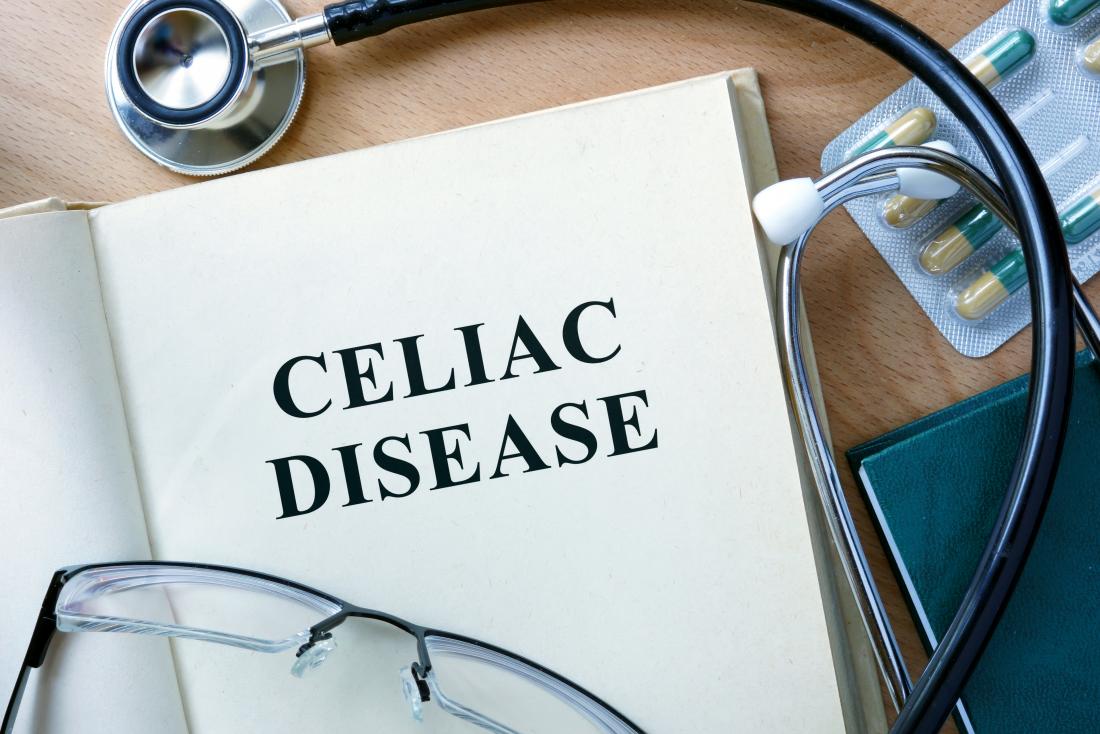




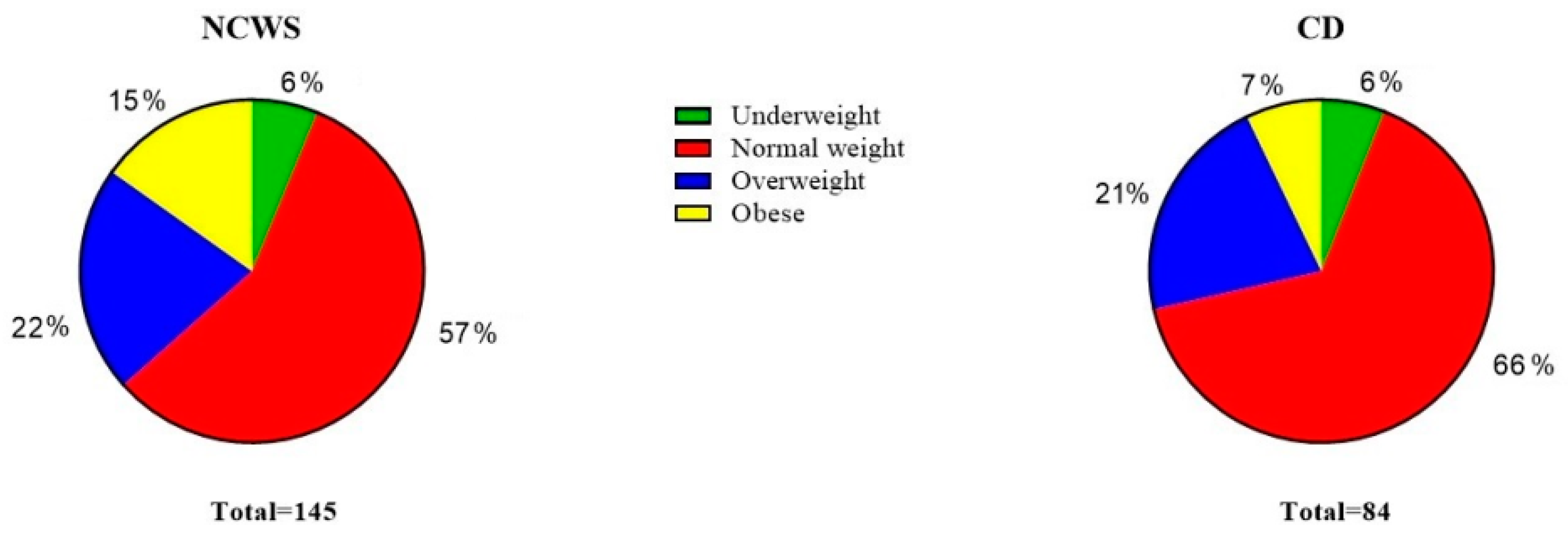
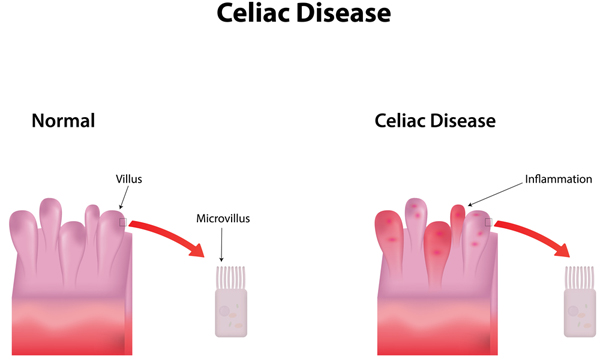

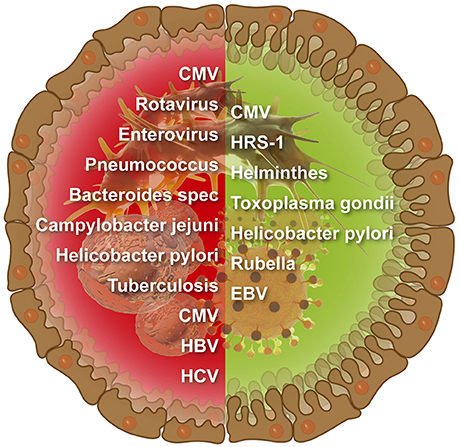
/Tye-Din-Figure2.jpg.aspx?lang=en-AU)



Post a Comment for "Celiac Disease And Obesity"